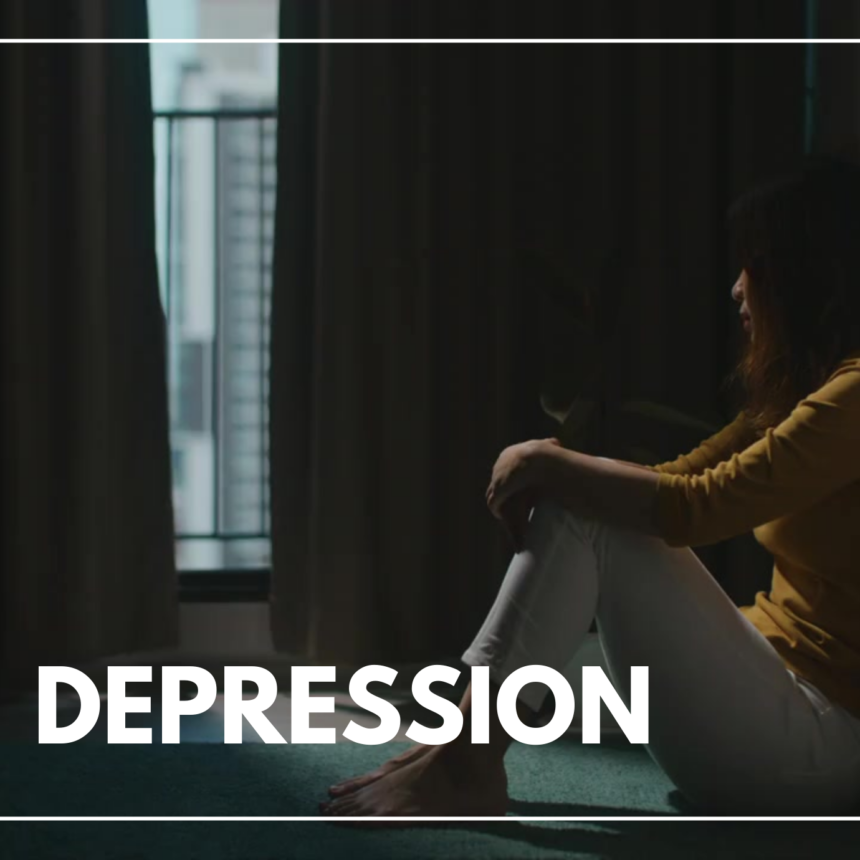Depression is not a normal part of aging, yet it can be prevalent among the elderly population. This article addresses the challenges of diagnosing and treating late-onset depression in older adults and emphasizes the importance of tailored approaches to support their emotional well-being.
Key Points:
Late-Onset Depression: The article discusses the factors contributing to depression in the elderly, including physical health issues, social isolation, and life transitions.
Atypical Symptoms: Late-onset depression may present with atypical symptoms, such as cognitive decline and physical complaints, leading to potential underdiagnosis.
Treatment Considerations: The article explores treatment challenges, including medication interactions and the importance of considering an individual’s overall health status.
Holistic Care: A holistic approach to managing depression in the elderly, involving medical, psychological, and social components, is emphasized.
Long-Term Care Settings: The article addresses the need for mental health support in long-term care facilities and the role of caregivers in identifying and managing depression.
